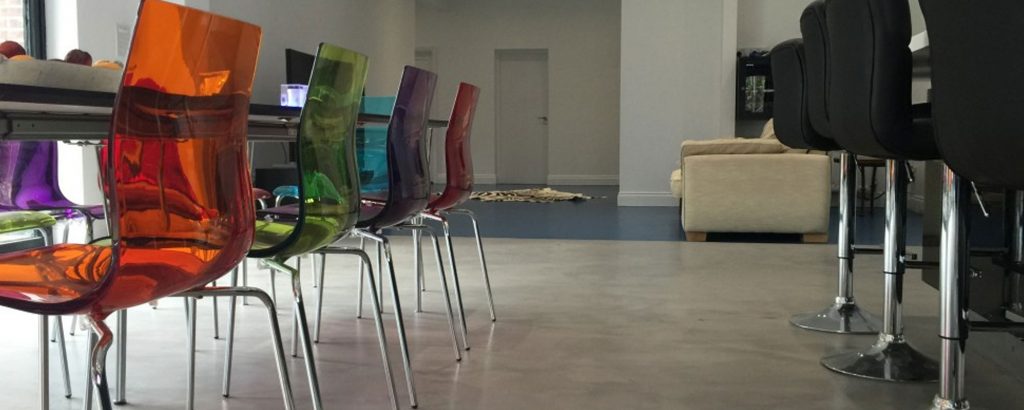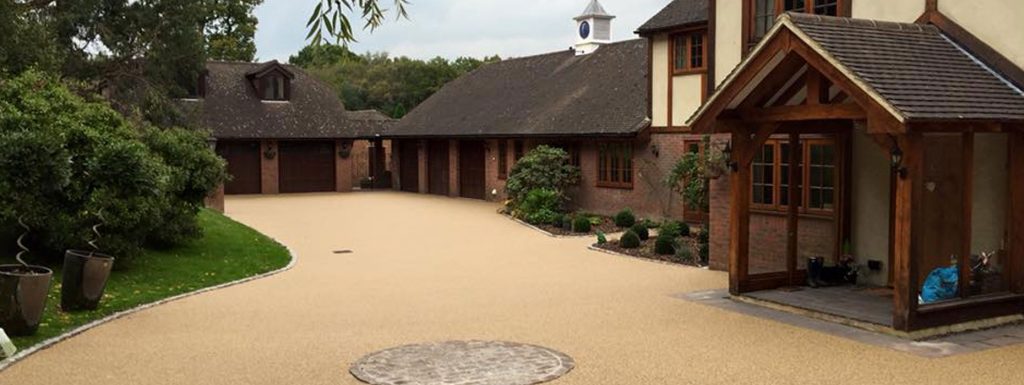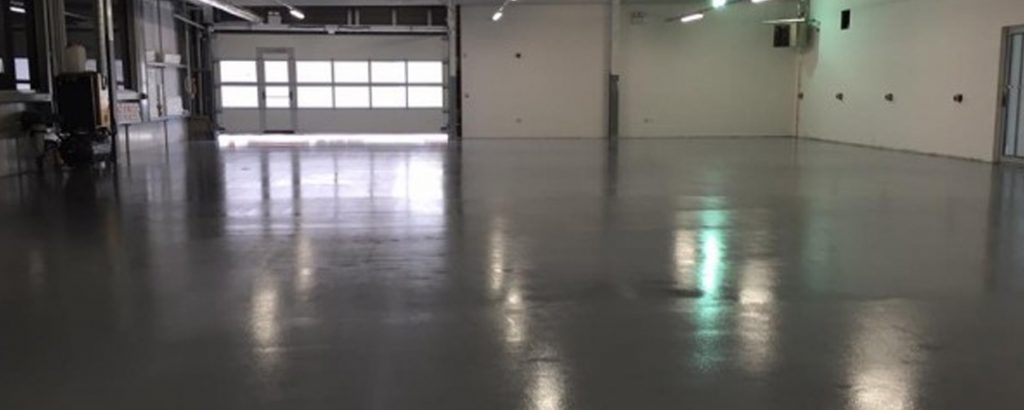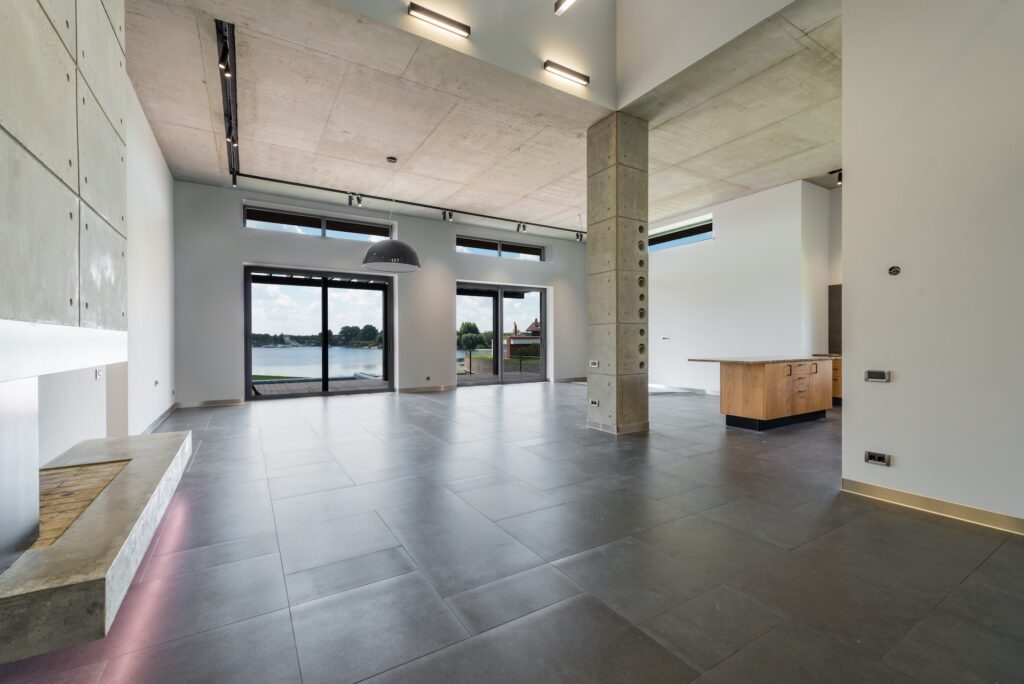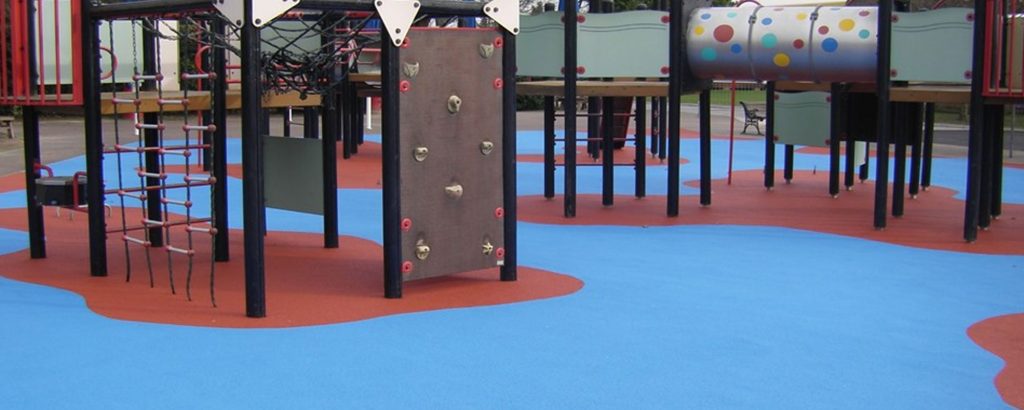Deciding on which style of driveway to choose when making home improvements can be a tricky and time-consuming experience. With so much choice now available it’s always useful to consider both the positive and negative elements before making your final decision.
Below we have put together a short guide that covers the pros and cons of resin bound driveways, which we hope will be able to provide you with a more informed outlook on using this as a driveway material.
Looking for a free quote?
Fill out our contact form with more details about your resin driveway and we'll get in touch with a more accurate, no-obligation resin drive cost.
The most important factor – choosing your installer
The first thing you need to look for is a trustworthy company who has had previous experience laying resin driveways. Many of the cons listed below can be avoided by using an installer that has many years of experience in laying resin bound surfaces.
There are many factors to consider when fitting a resin bound drive and without knowing these, it is easy for issues to arise further down the line. Some of the key points which should be accessed are the size of the area which needs to be covered, the weather conditions, and what material has been originally laid.
What are the pros of resin driveways?
Fast installation
Firstly, resin bound driveways are fairly quick to install in comparison to using other materials. This is because it can be fitted to an existing concrete or tarmac surface, creating a top layer. Another selling point is that they are relatively easy to maintain and unwanted weeds should not be a problem as long as you give the resin area a clean from time to time.
One of the most important and beneficial pros to having resin bound driveways is that they are a very affordable option. It can be a struggle to find driveway materials that cover both longevity and value for money but choosing resin manages to do both. The ease by which the new drive can be installed will partly be dependent on the condition of the existing material and therefore how much preparation work is required before installing the resin bound surface.
They look great
From an aesthetic point of view, resin bound driveways always look elegant due to their smooth finish. Having a smart-looking driveway can really change the appearance of a house and for that reason, having resin fitted could even increase your house value should you be looking to sell. The enormous range of aggregates can be chosen to fit with any exterior colours of your home meaning you can put your own stamp on creating a bespoke driveway just to suit you. You can even use boundaries to create bespoke designs with different coloured aggregates, including lettering, motifs etc.
Porous material
Lastly on the pros list but by no means least, is that resin bound is a SUDS (sustainable urban drainage system) compliant material. This means water will pass through the tiny pores in the material into the ground below. If resin bound is installed on a non-porous surface, such as concrete then the system is no longer SUDS compliant as the water will then either sit on the concrete or follow the natural fall of the concrete material. Conversely, if the resin bound surface is installed on a porous macadam, which itself sits on a stone sub base, then water will flow back into the water table, removing the need for any drainage system. The mixture of natural-based compounds that make up resin contributes to its durability which is why these types of driveways often last well over 10 years without any problems.
What are the cons?
Dodgy installers
So what are some of the drawbacks of choosing a resin bound driveway? Well, one very important and often overlooked point is that there are sadly no legal regulations when it comes to contractors or laid out standards. This means that it can be easy to come across companies that do not have the correct knowledge or experience to properly carry out the work leaving homeowners with numerous problems that could have been easily avoided. Resin bound driveways are installed using a polyurethane resin, these resins have various properties, reaction to UV light, flash setting times in heat and they also react to moisture, a good installer will be aware and have experience in handling these type of properties.
Discolouration
The second possible flaw of resin bound driveways is that depending on the colour resin chosen, there can be different reactions to UV light. There are primarily two types of polyurethane resin. The cheaper of the two types is what is known as an aromatic resin. These resins are not UV stable and will cause the surface to turn a yellow/golden colour in direct sunlight. This might be fine with a golden coloured aggregate, but can look unwieldy with say a grey stone.
The second, more expensive resin, is known as aliphatic resin. These polyurethanes are UV resistant and although there might be a slight change in colour, it is far more colour fast. Most drives these days use aliphatic polyurethanes for this reason.
There are many aggregates on the market. It has been known for some of these aggregates to leach compounds, such as iron over time. This will result in small iron stains appearing on the drive. For this reason it might be worth checking that the chosen aggregate has no history of iron staining.
Possibility of weeds if not laid correctly
Another point to consider when weighing up the pros and cons is that there is always the possibility that moss or weeds could grow through. Should this be the case, there are of course ways in which you can combat this either by sweeping away any debris or by occasionally jet-washing the drive or treating it with a weed killer. However, a more likely scenario is that airborne seedlings land on the surface and take root, As they are weeds/plants that are laying routes, rather than growing up through the surface, they are much easier to remove.
Cracking or fracturing of the surface
There is surprisingly, an amount of flexibility in a polyurethane resin bound driveway, which will allow for a certain amount of ground movement. However it is not uncommon for ground movement to occur and cause fractures or cracks in the surface. Unfortunately, no installer can guarantee that this will not occur nearly all warranties will exclude this type of damage). There maybe clues in your sub-base. i.e. if you have a concrete drive which appears to be cracking up and moving, this may well be reflected through to the resin surface in terms of cracks. Another cause of cracking can be plant or tree roots. Ultimately, the choice you make will be determined by a set of factors such as your personal requirements and your budget but we hope that by weighing up both the pros and cons you will be able to make a more informed decision.
